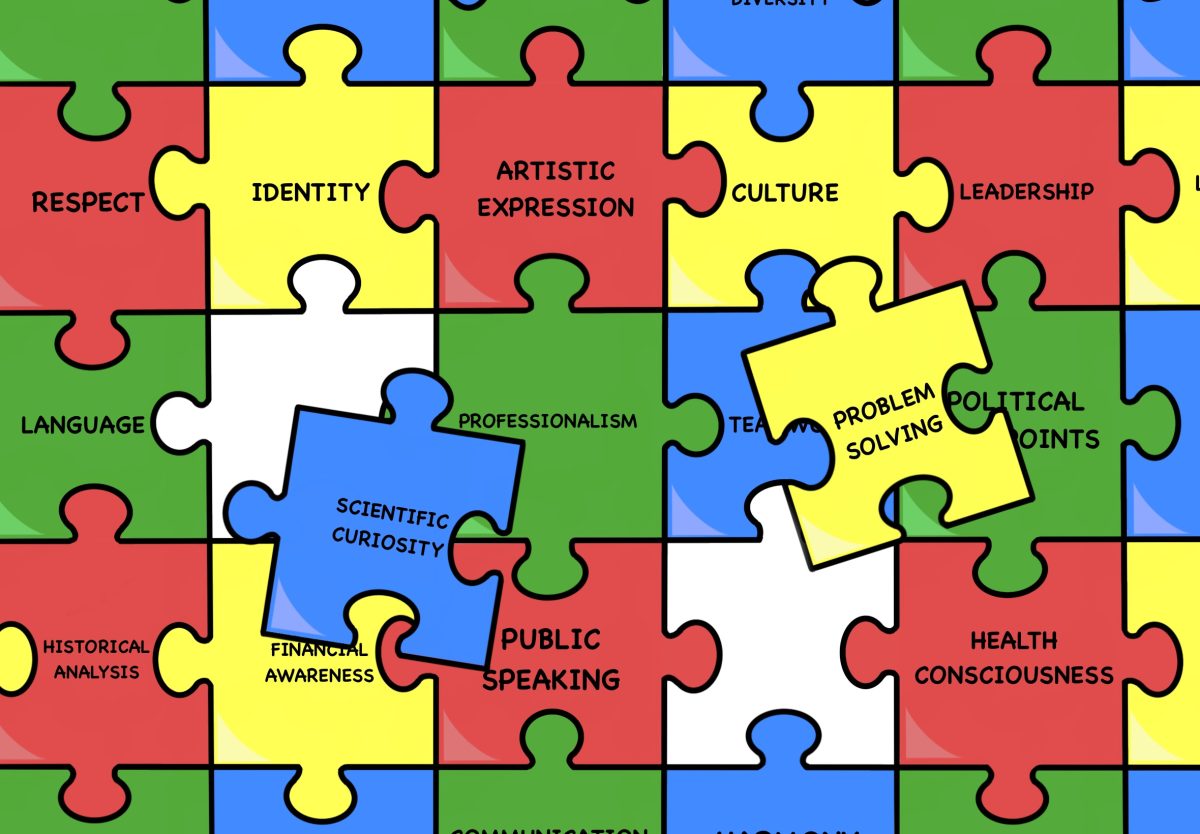It’s chicken finger Tuesday in our dear old dining hall. You gleefully swipe your Palacard, set down your things, and grab a plate. All smiles and laughter, you take a bite of breaded crispy goodness: breast of chicken fried in its mother’s placenta.
Eating is an act we so often overlook. It’s essential; it’s mundane. Put simply, it’s much easier to not think about the food we consume.
The food industry in the United States thrives on this mindless consumption pattern. Food companies spend billions of dollars each year to ensure that the ‘status quo’ of eating prevails. In fact, only 16 cents of every dollar we spend on food is actually used to grow food. The rest is marketing and trade costs.
Consider the images that accompany the staples in our American diet. The assumed origin of a scrambled egg begins with a yeoman farmer, waking at dawn to care for only a dozen animals. The brand “Tyson Farms” carefully markets rolling hills of countryside with peacefully grazing cattle. “PET Milk” – pet milk – peripherally connects us to our household animals. Their website features a nice red barn with three plump cattle in the nearby pasture. In reality, these animals are pumped with hormones, raised in cramped and unnatural quarters, and slaughtered at their physical peak. The meat and dairy industries capitalize on the American traditional diet and enlist lawyers, lobbyists, food scientists, and media specialists to reinforce this culinary ideology.
Aside from animal treatment concerns, sustainability and nutrition are of consequence with the traditional diet as well. Meat production is responsible for more greenhouse gasses than all forms of transportation combined. 2,500 gallons of water are required to produce only one pound of beef, compared to 13 gallons for one pound of potatoes. From a health standpoint, the fats found in meat, dairy, and egg products are saturated, and thus linked to high cholesterol and atherosclerosis.
As students at Furman, we have so many foods at our fingertips. Not only do we have vegetarian and vegan options at every DH meal, but also a food services and administration staff that listens to our requests and responds to our eating patterns. I urge you to investigate the nature of the food you choose at each meal, and possible nutritionally equivalent alternatives. After investigating these issues on my own, my diet has ranged from vegan to vegetarian, including even an occasional filet.
What you choose to eat is just that – a choice. You do not need to be a die-hard animal rights activist to consider the moral, environmental, and nutritional implications of the food you consume. With so many resources available to us in our Furman microcosm, lets not fall privy to the “ways we’ve always done things.” Investigate these issues for yourself. Be a conscientious consumer.
































